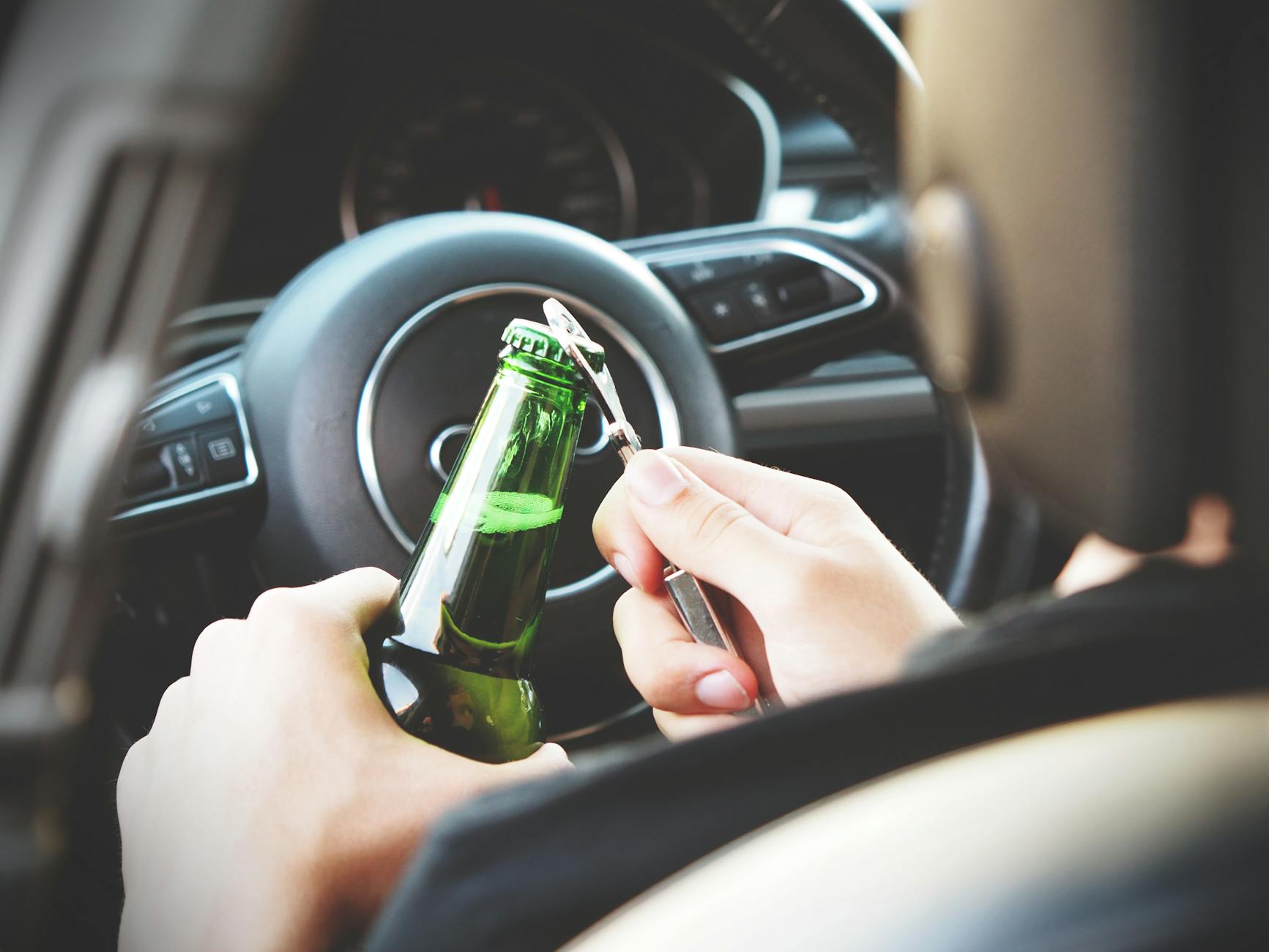Unlock the mystery of alcohol consumption with this guide on how your weight factors into how many beers it takes to feel drunk.

Image courtesy of energepic.com via Pexels
Table of Contents
Have you ever found yourself wondering how many beers it takes to get you to that perfect level of buzzed? Maybe you’re curious about how your weight, metabolism, and other factors play a role in your alcohol tolerance. In this blog post, we’ll delve deep into the science behind intoxication and explore the various factors that can influence how many beers it takes to get drunk.
Factors Influencing Intoxication
When it comes to alcohol tolerance, there’s no one-size-fits-all answer. Your weight, metabolism, genetics, and even what you’ve eaten that day can all play a role in how quickly you feel the effects of alcohol.
Weight is a significant factor in determining how much alcohol you can handle. Generally, the more you weigh, the more alcohol it takes to reach the same level of intoxication as someone lighter. This is because alcohol is diluted in a larger body mass, leading to a lower blood alcohol concentration (BAC).
Metabolism also plays a crucial role in how you process alcohol. Some people have faster metabolisms that are more efficient at breaking down alcohol, while others may metabolize alcohol more slowly, leading to a longer-lasting buzz. Additionally, genetics can influence how your body responds to alcohol, as certain genetic variations can affect how efficiently enzymes metabolize alcohol.
Alcohol Metabolism
Understanding how alcohol is metabolized in the body can help shed light on why some people get drunk faster than others. When you consume alcohol, it is absorbed into the bloodstream through the stomach and small intestine. From there, it is metabolized by the liver, where enzymes break down the alcohol into acetaldehyde and then into acetate.
Individuals with a higher tolerance to alcohol may have more active enzymes that can break down alcohol faster, leading to a lower BAC. On the other hand, those with less efficient enzymes may experience a higher BAC and feel the effects of alcohol more quickly.
Tips for Responsible Drinking
While it can be interesting to explore how many beers it takes to get drunk based on your weight and other factors, it’s essential to remember the importance of responsible drinking. Knowing your limits and staying within them can help prevent alcohol-related accidents and health risks.
Image courtesy of cosmosmagazine.com via Google Images
Here are some tips for responsibly enjoying alcohol:
1. Pace yourself: Take your time when consuming alcohol and avoid drinking too quickly.
2. Eat before and during drinking: Having a meal before drinking can help slow the absorption of alcohol into your bloodstream, while snacking during drinking can help maintain your BAC.
3. Stay hydrated: Drink water in between alcoholic beverages to help prevent dehydration and lessen the effects of alcohol.
4. Have a designated driver: If you plan on drinking, make sure you have a sober driver or alternative transportation arranged to get home safely.
Conclusion
So, how many beers does it take to get drunk? The answer is not as simple as a set number, as it depends on a variety of factors such as weight, metabolism, genetics, and more. By understanding the science behind alcohol metabolism and intoxication, you can make more informed decisions about your drinking habits and stay safe while enjoying a night out with friends.
FAQ
How does weight affect how many beers it takes to get drunk?
Weight plays a significant role in alcohol tolerance, as the more you weigh, the more alcohol it typically takes to feel drunk. This is because alcohol is diluted in a larger body mass, leading to a lower blood alcohol concentration.
Can metabolism impact how quickly you get drunk?
Yes, metabolism can affect how you process alcohol. Individuals with faster metabolisms may break down alcohol more efficiently, leading to a lower blood alcohol concentration and a slower onset of intoxication.
How can genetics influence alcohol tolerance?
Genetic variations can impact how enzymes metabolize alcohol in the body. Some people may have enzymes that efficiently break down alcohol, leading to a lower BAC, while others may have less efficient enzymes that result in a higher BAC and quicker intoxication.
What are some tips for responsible drinking?
To drink responsibly, pace yourself, eat before and during drinking to slow alcohol absorption, stay hydrated with water in between drinks, and always have a designated driver or alternative transportation arranged if you plan on consuming alcohol.
Powered by Texta.ai Blog Automation
Leave a Reply